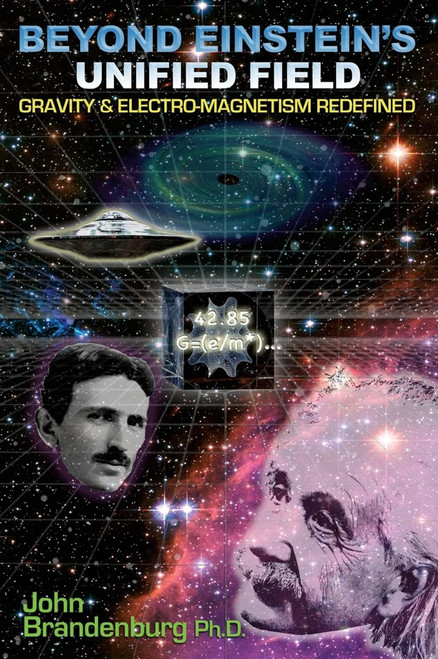Located in Charleston along the Ashley River, Middleton Place is an eighteenth-century plantation that has survived revolution, Civil War, and earthquake to become a well-preserved museum and a National Historic Landmark. It was the home of four important generations of Middletons, beginning with Henry Middleton, president of the First Continental Congress; Arthur, a signer of the Declaration of Independence; Henry, Governor of South Carolina and an American Minister to Russia; and Williams, a signer of the Ordinance of Secession.
In 2005 the Middleton Place Foundation opened its permanent exhibit, Beyond the Fields: Slavery at Middleton Place. Representing more than three decades of research by staff and volunteers, the exhibit tells the story of Africans and African Americans associated with the Middleton family and their plantations.
The eponymous companion volume to this exhibit vividly illustrates the realities of plantation slavery at Middleton Place through insightful text by authors Barbara Doyle, Mary Edna Sullivan, and Tracey Todd, and through more than eighty color and black-and-white images. The book, like its parent exhibit, commemorates and documents the lives, families, and contributions of some seven generations of Middleton slaves. By identifying more than 2,800 individuals owned by the Middleton family from 1738 to 1865 and by connecting many of them with their extended family units, Beyond the Fields solidifies their story in a tangible historical context. This pioneering work on the part of the Middleton Place Foundation makes it possible to present the once overlooked history of these slaves and freedmen from the early eighteenth century through emancipation and into the twentieth century.











